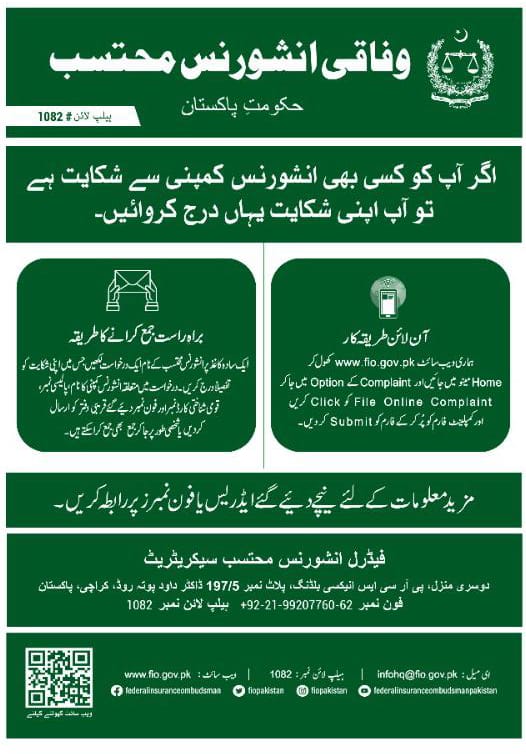Risk or uncertainty can be divided into; Pure Risk and Spectacular Risk. Pure Risk involves the possibility of loss or no loss. For example, damage to property due to fire. Pure Risks are the subject of insurance risk protection and Takaful. On the other hand, Speculative Risk involves the possibility of loss, no loss or gain. For example, venturing into a new business or Gambling on horse race. Speculative Risk that include a potential Gain or Profit cannot be insured. Takaful schemes use the principle of indemnification to compensate for the loss that occurs to a Takaful Participant. Takaful covers only Pure Risks and the claims are only payable in the event of loss to cover repairs, damage, replacements of property, or an agreed fixed amount.












